The needless loss of 22,000 lives in Florida and Texas

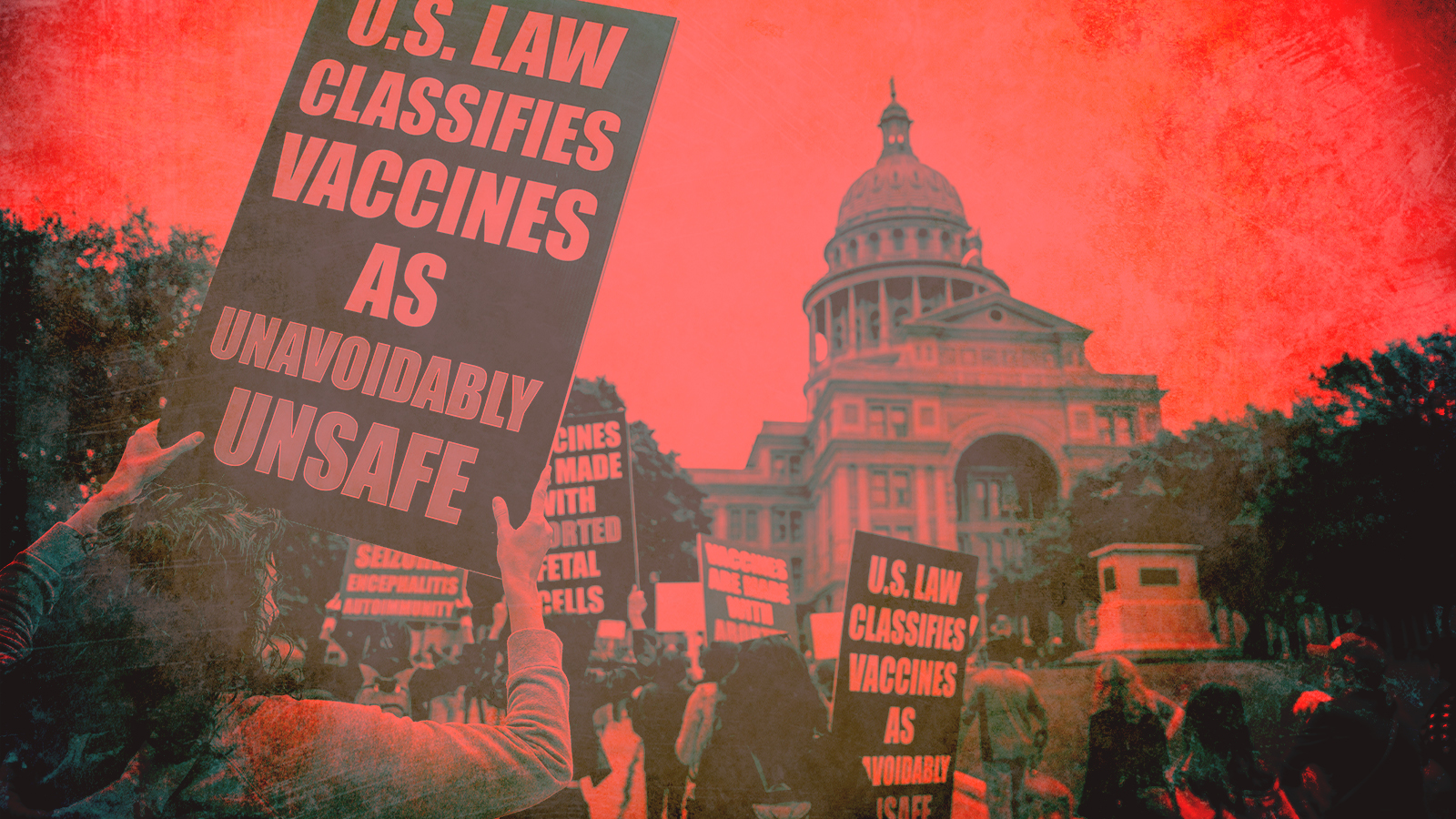
A free daily email with the biggest news stories of the day – and the best features from TheWeek.com
You are now subscribed
Your newsletter sign-up was successful
Effective vaccines against the coronavirus have been widely available and free across the country since May. Yet in that time, about 150,000 people have died of COVID-19. Low vaccine uptake is largely to blame — regions with high rates of vaccination have done comparatively well, while those with low rates have suffered shattering outbreaks that crushed hospital systems.
As detailed at The Lancet, Pratha Sah and other scientists conducted an experiment to estimate what this meant in Texas and Florida. Their method is simple: Take the best-performing states (Vermont, Connecticut, Massachusetts, Maine, and Rhode Island, which achieved an average of 74 percent of adults vaccinated by July 31) as a benchmark for what high vaccine use could achieve, then run a computer simulation to calculate how much transmission, hospitalization, and death from COVID-19 could have been avoided in less-vaccinated Texas and Florida if they'd met that benchmark.
The study found that if Texas and Florida had kept up with the leaders, they would have prevented approximately:
The Week
Escape your echo chamber. Get the facts behind the news, plus analysis from multiple perspectives.

Sign up for The Week's Free Newsletters
From our morning news briefing to a weekly Good News Newsletter, get the best of The Week delivered directly to your inbox.
From our morning news briefing to a weekly Good News Newsletter, get the best of The Week delivered directly to your inbox.
- 1,311,900 COVID-19 cases
- 95,000 hospital admissions
- 22,000 deaths
Similar calculations could be run elsewhere, with similarly miserable results. Today, big chunks of the Midwest, Mountain West, and Great Plains regions are still far, far below herd immunity levels of vaccination, and sure enough, they are seeing Delta variant waves as temperatures cool off and socializing moves indoors. The more vaccine uptake can be encouraged or mandated, the more lives will be saved.
A free daily email with the biggest news stories of the day – and the best features from TheWeek.com
Ryan Cooper is a national correspondent at TheWeek.com. His work has appeared in the Washington Monthly, The New Republic, and the Washington Post.
-
 The 8 best TV shows of the 1960s
The 8 best TV shows of the 1960sThe standout shows of this decade take viewers from outer space to the Wild West
-
 Microdramas are booming
Microdramas are boomingUnder the radar Scroll to watch a whole movie
-
 The Olympic timekeepers keeping the Games on track
The Olympic timekeepers keeping the Games on trackUnder the Radar Swiss watchmaking giant Omega has been at the finish line of every Olympic Games for nearly 100 years
-
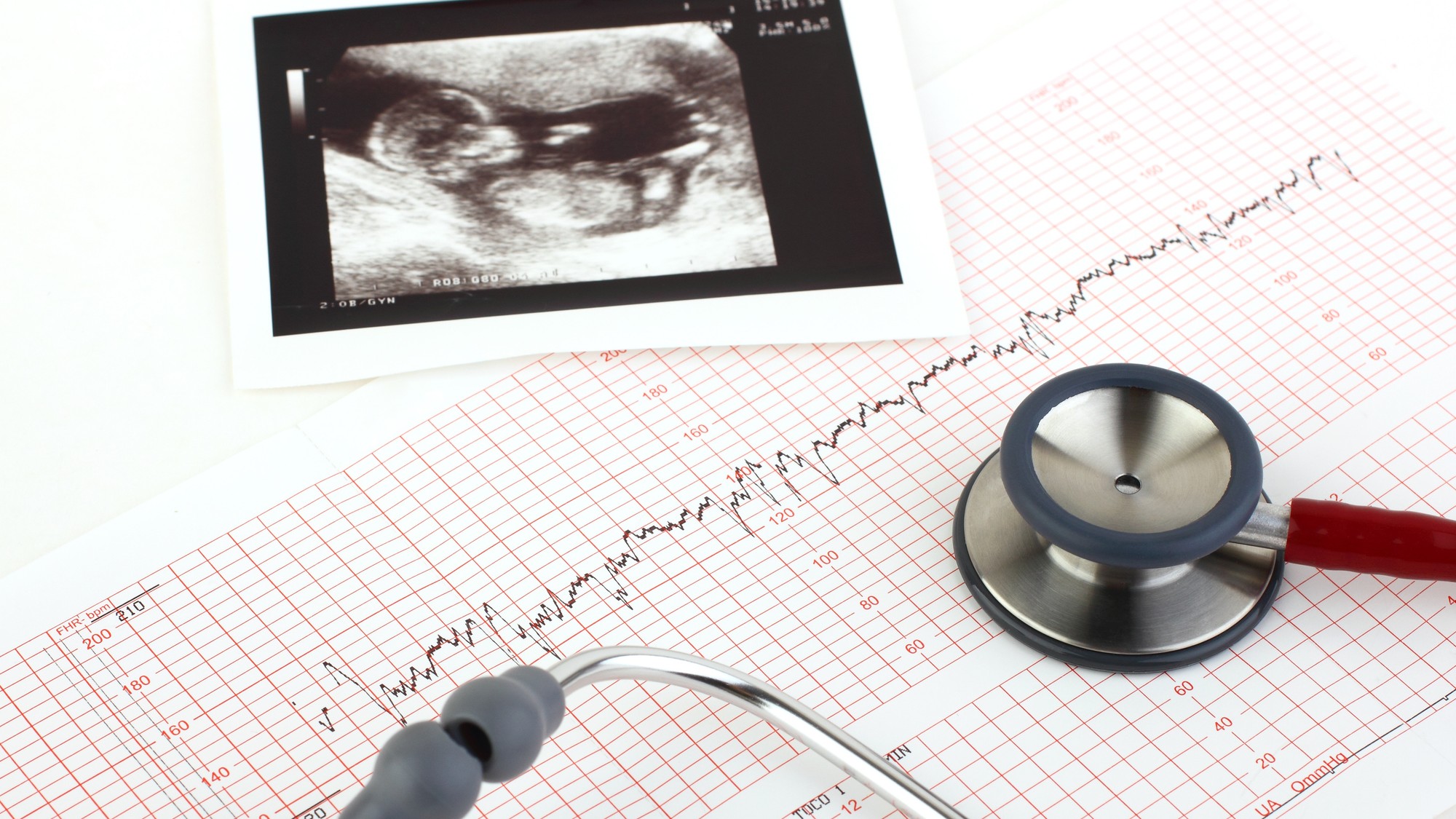 Should we be worried about declining birth rates?
Should we be worried about declining birth rates?Talking Points Baby boom or bust
-
 Are men the problem with male contraception?
Are men the problem with male contraception?Talking Points Science could now offer contraceptive gels and pills for men, but questions remain over trials, and men's responsibility
-
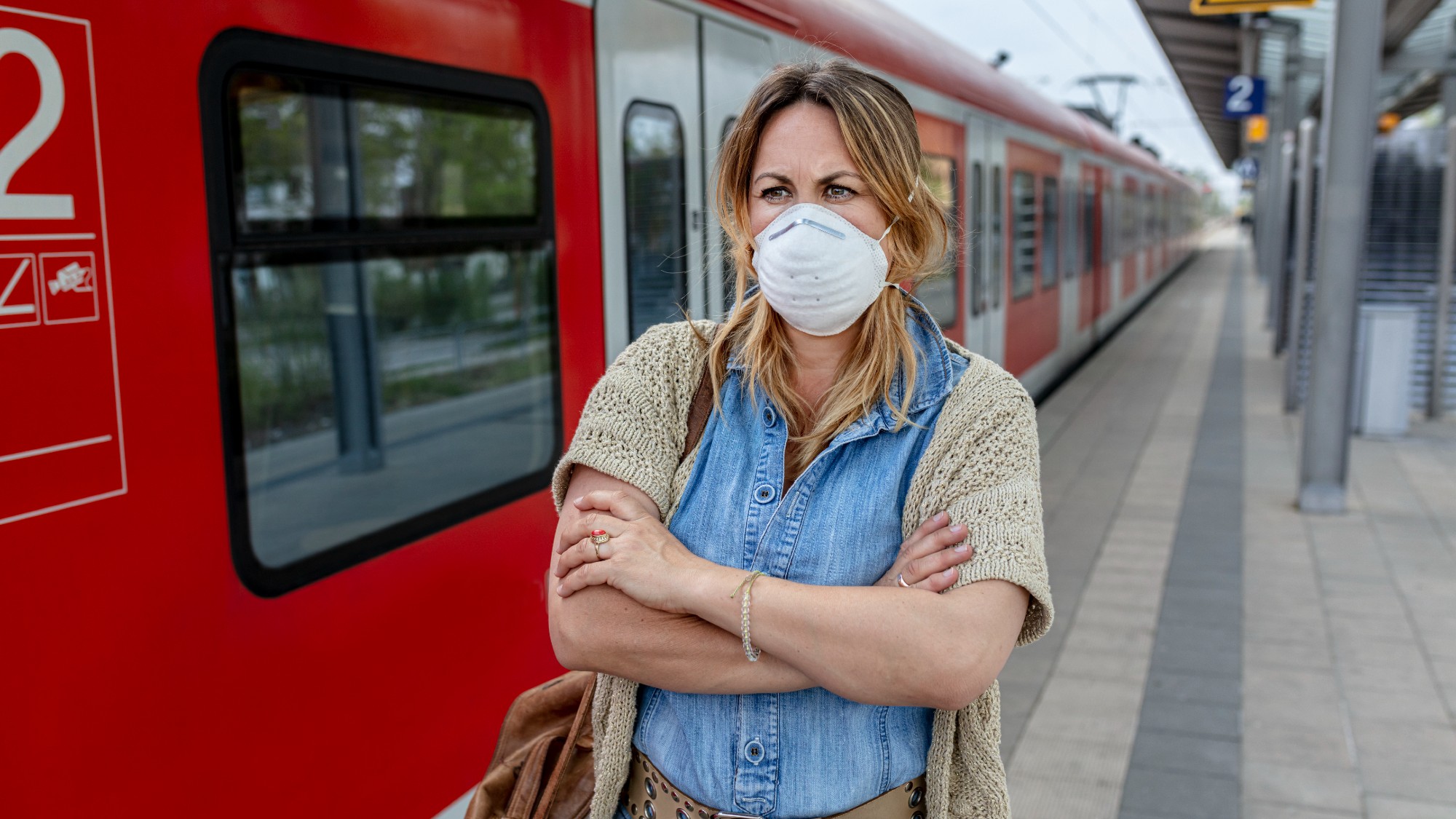 Should masks be here to stay?
Should masks be here to stay?Talking Points New York Governor Kathy Hochul proposed a mask ban. Here's why she wants one — and why it may not make sense.
-
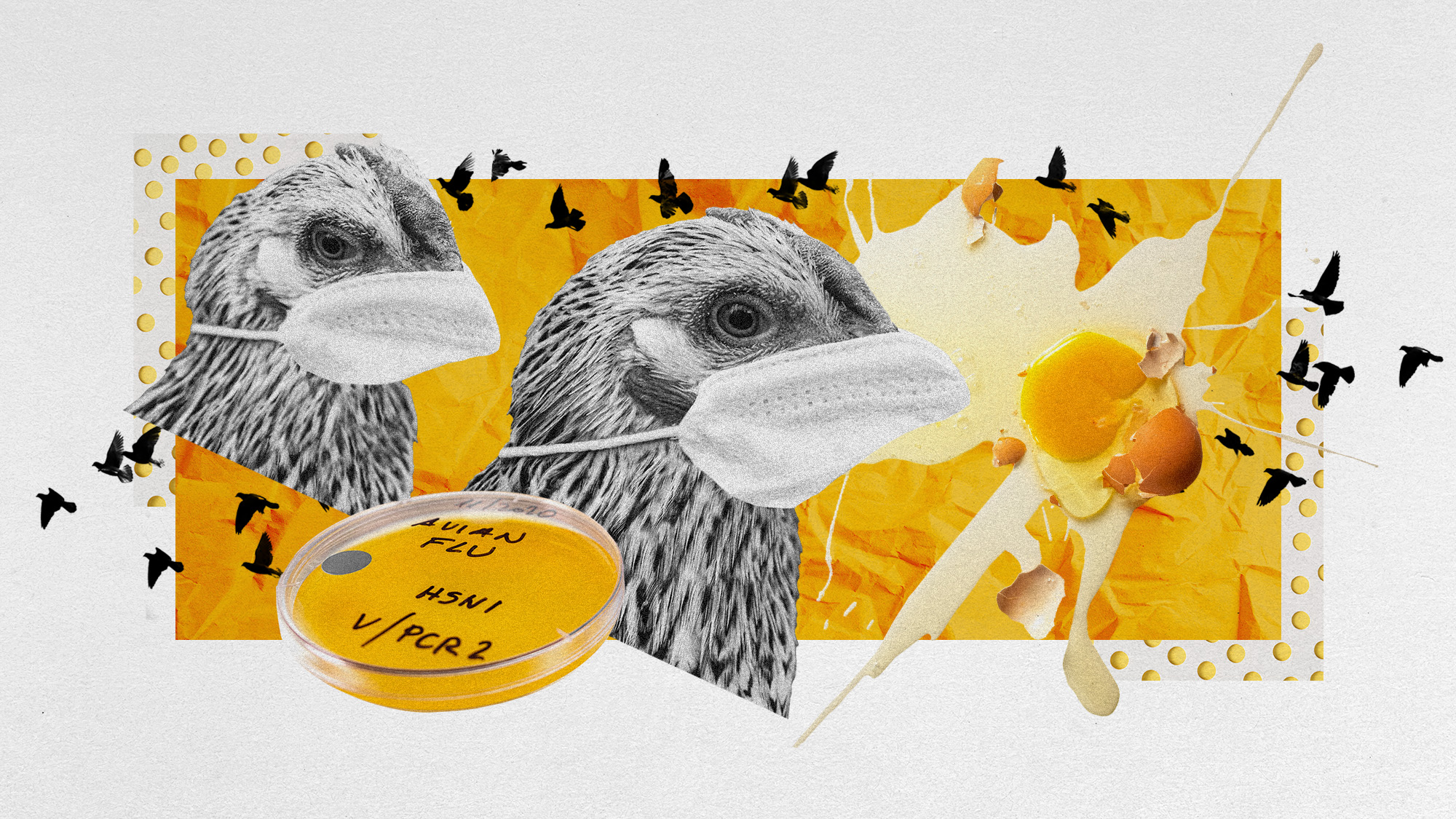 The bird flu fight is faltering
The bird flu fight is falteringTalking Points Are pandemic lessons going unheeded?
-
 OTC birth control arrives amid the battle over reproductive rights
OTC birth control arrives amid the battle over reproductive rightsTalking Points Opill will cost $19.99 a month. Democrats are pushing to make it cheaper.
-
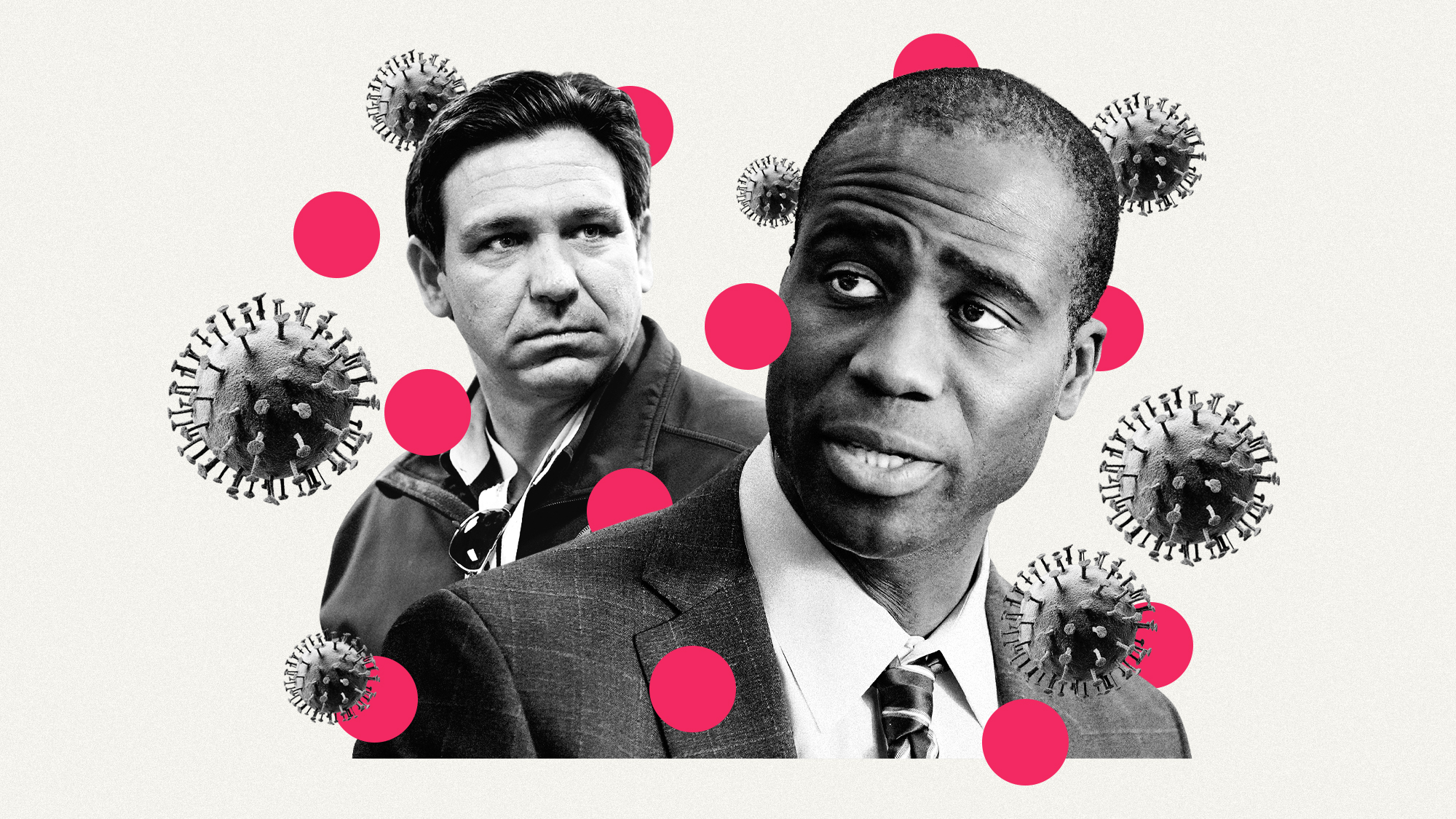 What Florida is — and isn't — doing to curb the biggest measles outbreak in the US
What Florida is — and isn't — doing to curb the biggest measles outbreak in the USTalking Points DeSantis appointee defies expert consensus to stop the spread
-
 Covid inquiry: the most important questions for Boris Johnson
Covid inquiry: the most important questions for Boris JohnsonTalking Point Former PM has faced weeks of heavy criticism from former colleagues at the public hearing
-
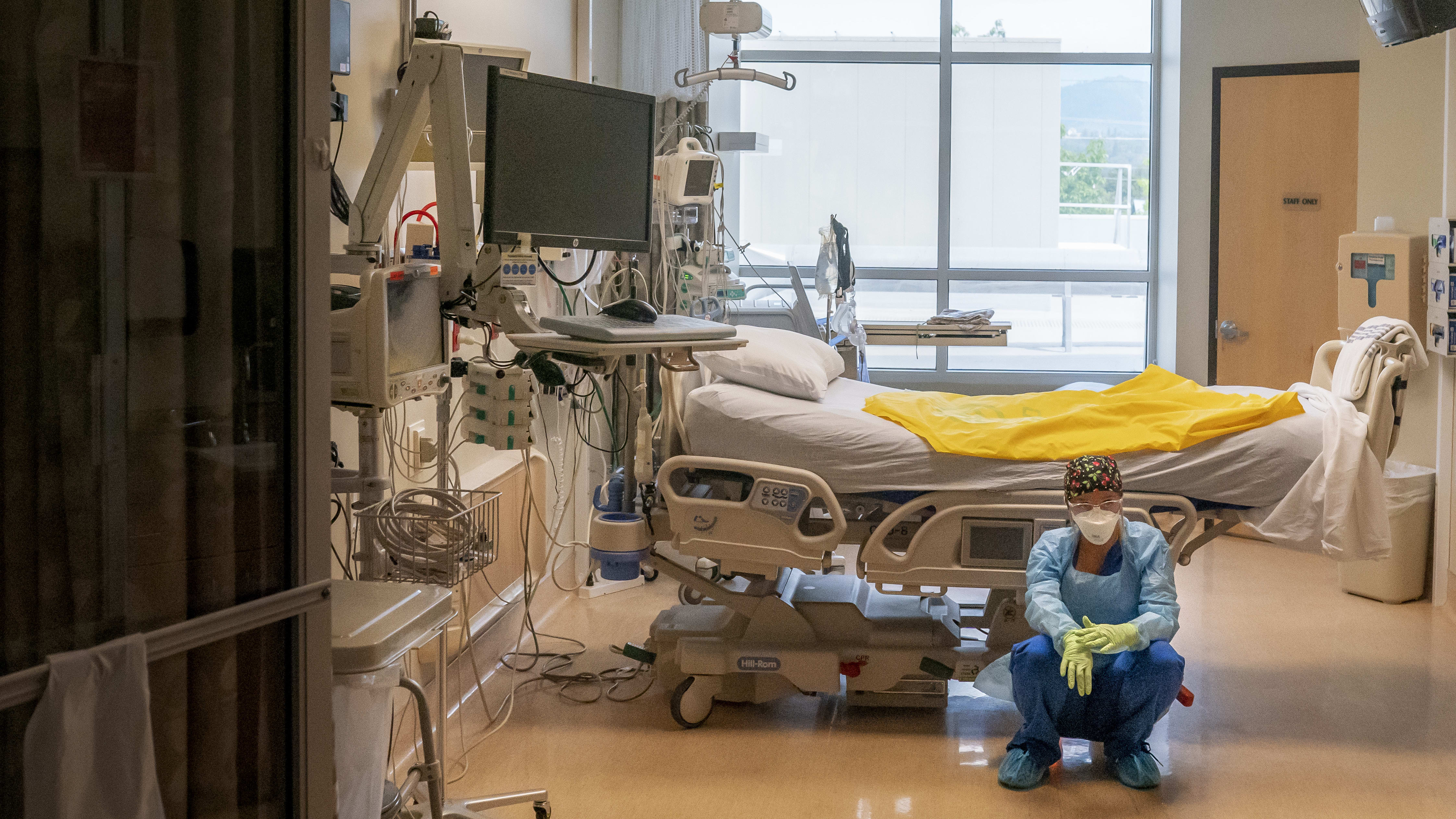 No, it's not over
No, it's not overTalking Point New Omicron subvariants are headed our way
